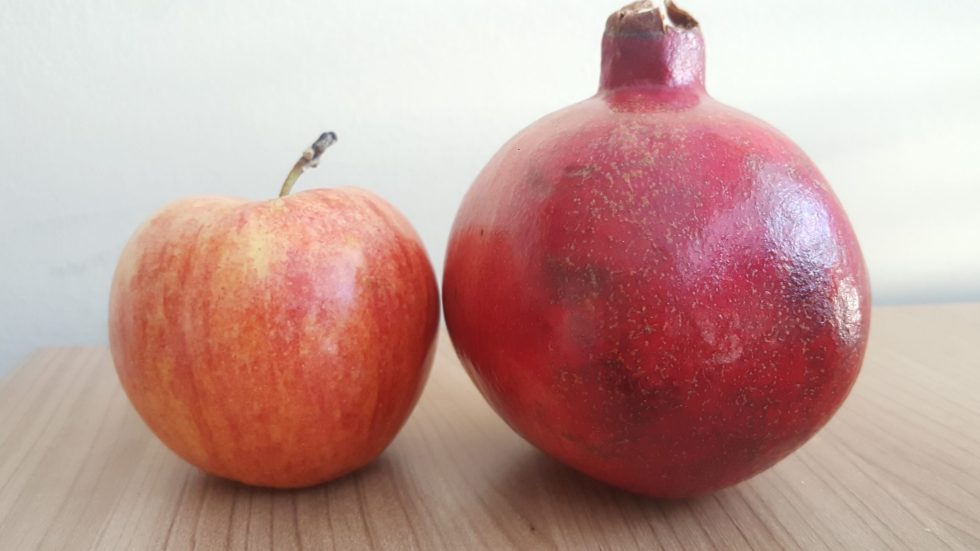Why Do Men Have Adam's Apples & Other Fun Facts You Might Not Know About Them
Women have them too.
Before we get to why men have Adam's apples, let's talk about who Adam is
Contrary to popular belief, the Adam's apple has nothing to do with the religious story of Adam eating the forbidden fruit that cast him and Eve from the Garden of Eden.
The term "Adam's apple" actually came from medieval Latin, specifically the phrase "pomum Adami". This phrase was taken from medieval Arab medical writers who were dealing with throat anatomy, and used "pomegranate" as a way to describe the bump in men's throats.
In short, nothing to do with Adam and Eve, everything to do with medieval people naming body parts after fruits.
So, what actually is an Adam's apple?
An Adam's apple is a chunk of cartilage called the thyroid cartilage. During puberty, this cartilage has a growth spurt, especially in boys, giving them an often visible throat bump.
The growth of the Adam's apple during puberty happens as the vocal cords lengthen and thicken, causing the pitch of the voice to drop. That's when you transition from a high-pitched little kid voice to a croaky teen voice, and finally to a deeper baritone man voice.
While scientists aren't entirely sure why men have a protruding Adam's apple, some believe that it may serve as a visual cue of sexual maturity
In our distant evolutionary past, this might have been a subtle way for potential mates to identify a suitable partner.
The bump in the throat signifies a male has come to age.
At the same time, women also have Adam's apples
While they tend to not be as pronounced, women also have the same thyroid cartilage as men. Both genders share the same throat anatomy.
The shape and size of Adam's apples differs from individual to individual, regardless of gender.


